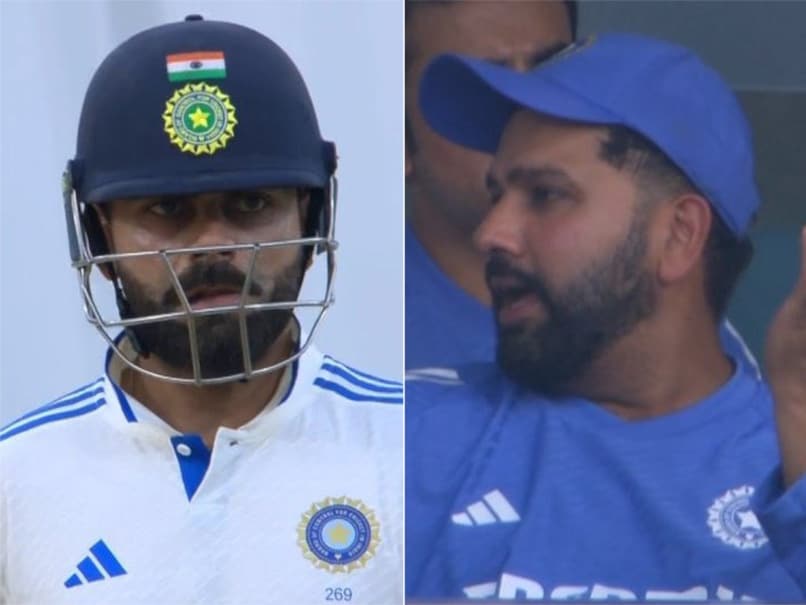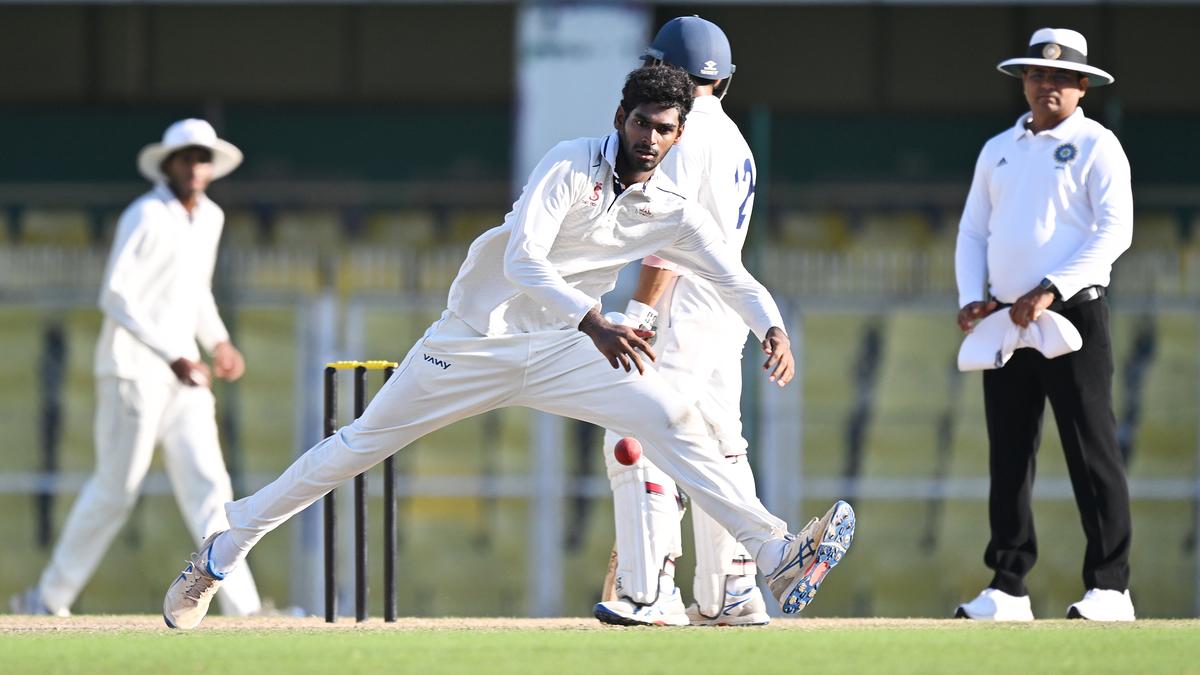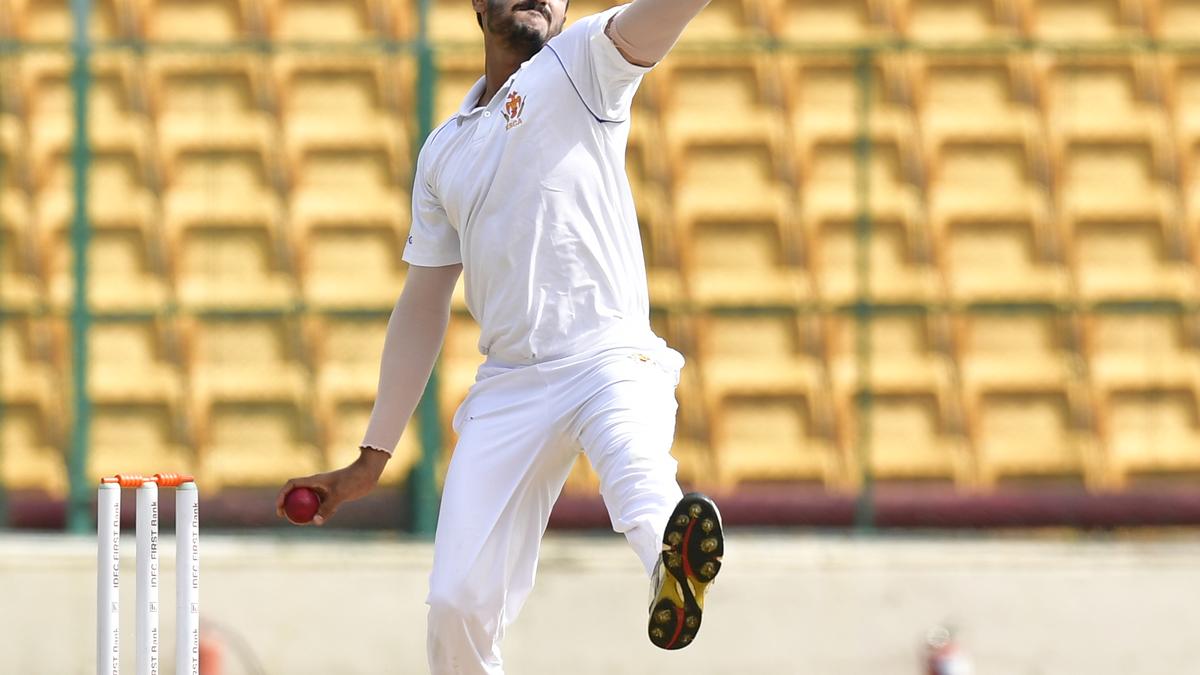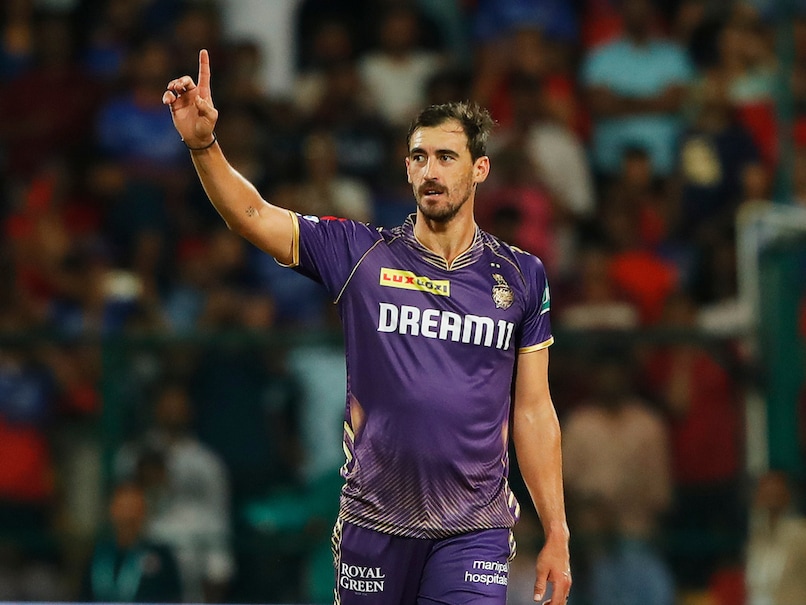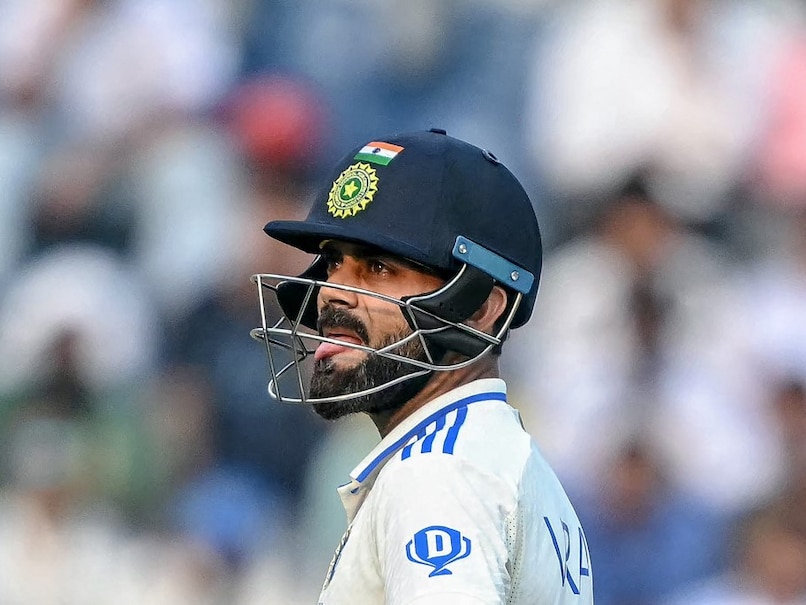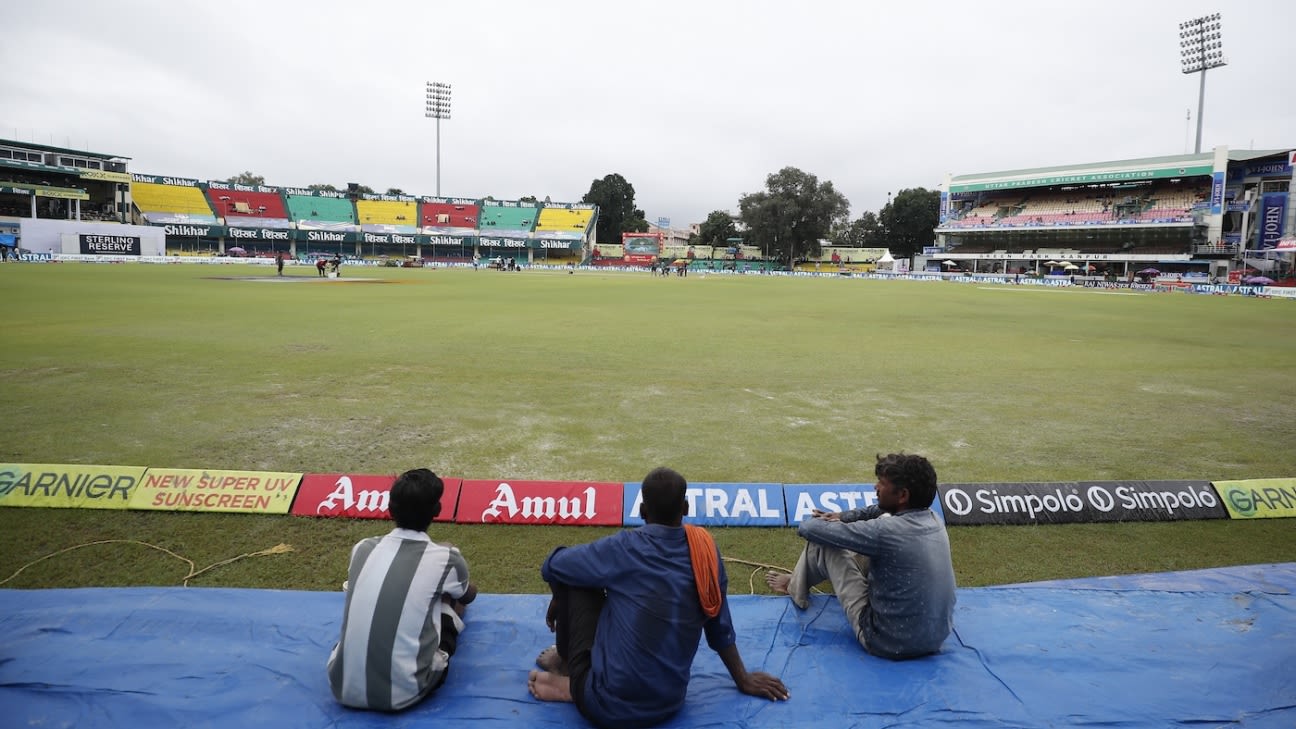Virat Kohli’s DRS blunder on Day 2 of the first Test against Bangladesh in Chennai has sparked controversy and disappointment among fans and experts alike. Kohli, who was batting on 17, was adjudged lbw by the umpire after being struck on the front pad by a delivery from Mehidy Hasan Miraz. However, replays clearly showed that Kohli had got an inside edge on the ball, and a DRS review would have overturned the decision.
Kohli’s decision not to review the decision has been widely criticized, with many questioning his judgment and leadership skills. Indian captain Rohit Sharma was visibly upset about Kohli’s decision, and his reaction has gone viral on social media.
The incident has also raised questions about the role of non-striker Shubman Gill in the decision-making process. Gill, who was at the non-striker’s end, should have advised Kohli to take the DRS, but he failed to do so.
Kohli’s DRS blunder has cost India a valuable wicket, and it could have a significant impact on the outcome of the match. India is currently leading by 308 runs, but Bangladesh will be buoyed by Kohli’s dismissal and will be looking to make a comeback in the second innings.
The incident has also highlighted the importance of DRS in modern cricket. DRS has been a game-changer, allowing umpires to correct their mistakes and ensure that the correct decisions are made. However, it is crucial that players use DRS wisely and do not waste their reviews on frivolous appeals.
Kohli’s DRS blunder is a reminder that even the best players can make mistakes. However, it is also a lesson that players must learn from their mistakes and use DRS wisely in the future.

